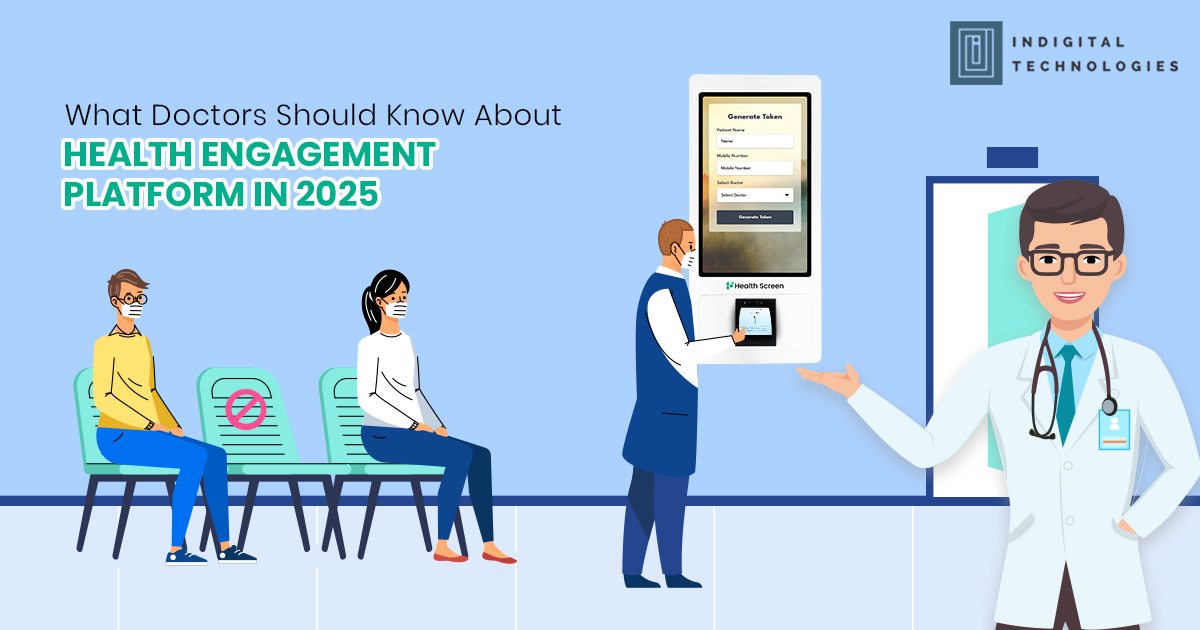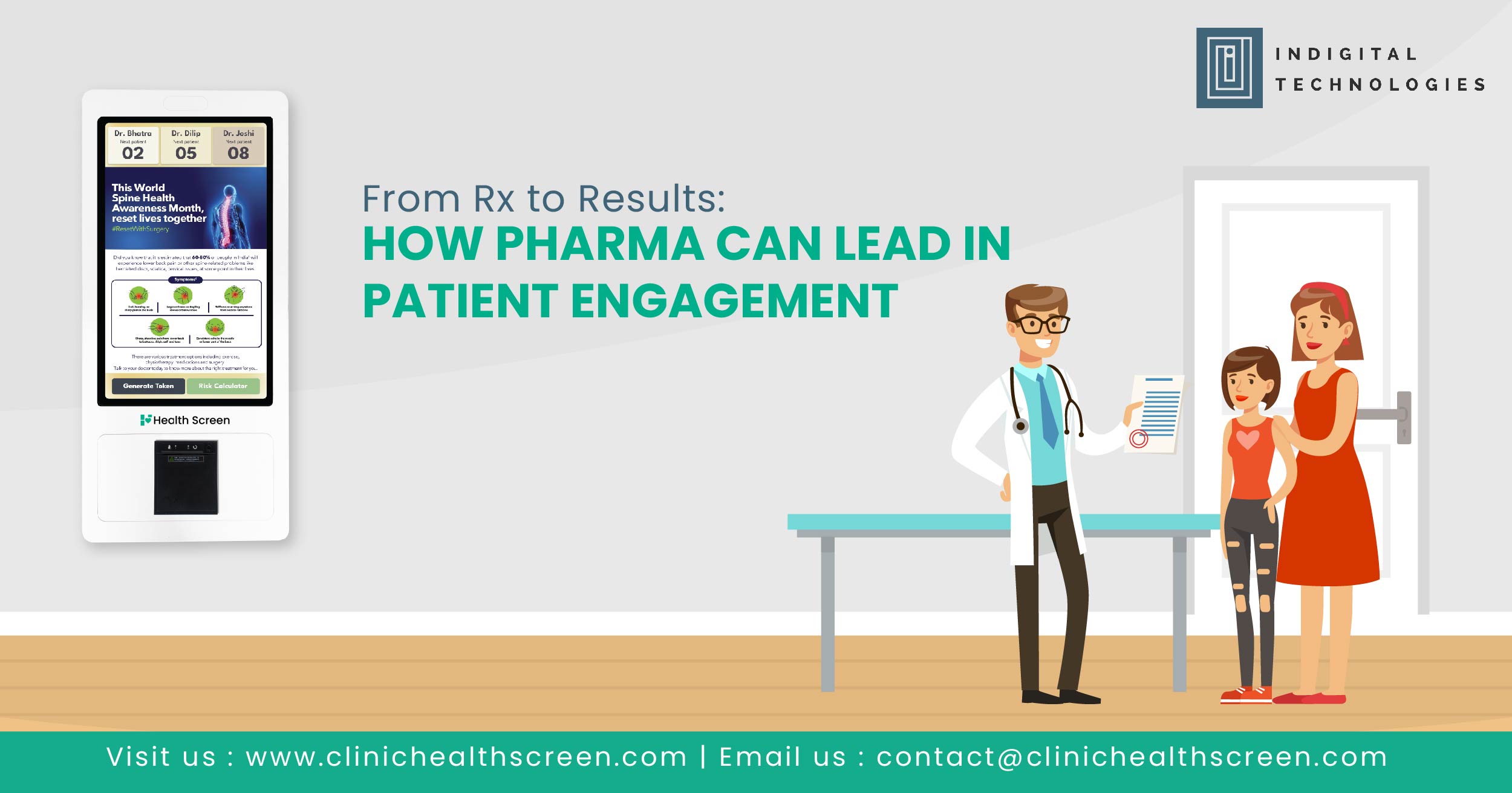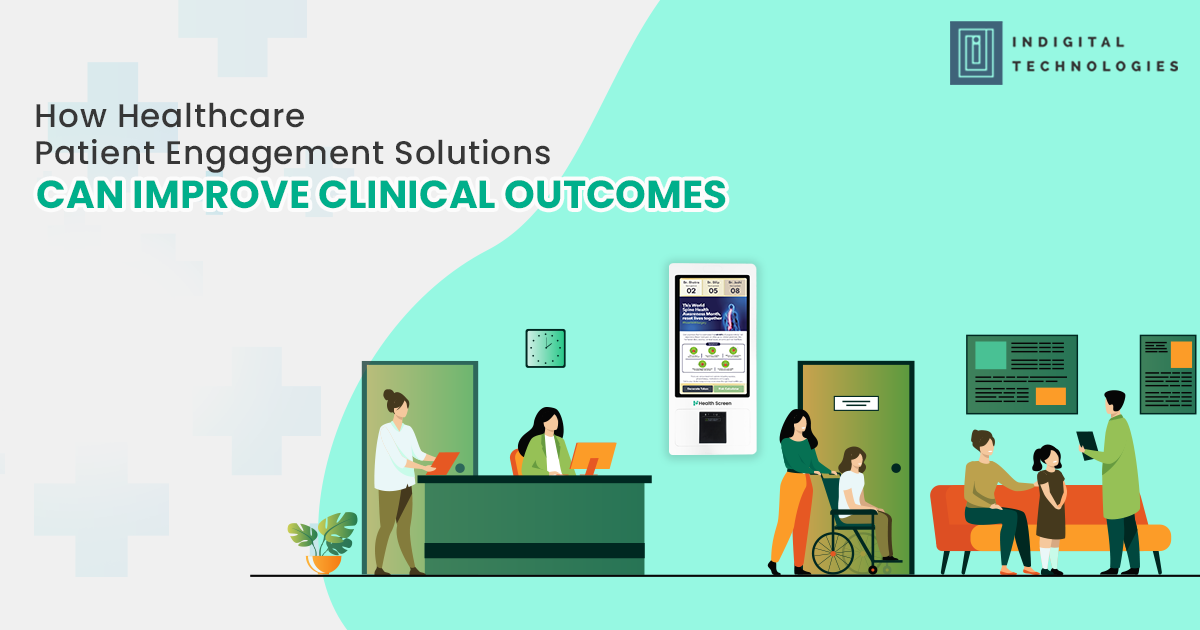As healthcare continues to evolve rapidly, one truth is becoming clearer: engagement is now central to successful patient care. In 2025, health engagement platforms are no longer considered “optional” technology — they are critical tools for modern medical practice.
For doctors aiming to provide the best care and pharma managers seeking stronger therapy outcomes, understanding how these platforms work and their strategic importance is essential.
What Are Health Engagement Platforms?
Health engagement platforms are digital solutions designed to connect doctors and patients beyond the physical clinic walls. They offer a wide range of features: from appointment reminders and digital check-ins to personalized health education, post-treatment follow-ups, and feedback collection.
Rather than replacing the doctor-patient relationship, these platforms enhance it — creating a continuous care experience that drives better clinical outcomes and higher patient satisfaction.
Why Health Engagement Platforms Matter in 2025
Several trends are shaping the healthcare environment in 2025:
- Patients expect digital convenience: Booking appointments online, receiving reminders, accessing educational resources — these are now basic expectations.
- Chronic disease management requires ongoing support: One-time consultations are not enough. Chronic care needs continuous, proactive engagement.
- Healthcare consumerism is rising: Patients increasingly evaluate doctors and hospitals based on service quality, accessibility, and communication.
In this context, health engagement platforms give doctors the tools to meet modern demands efficiently and professionally.
Key Benefits Doctors Should Know
1. Stronger Patient Relationships
Continuous, personalized communication builds trust. Sending patients timely educational content or simple follow-up messages shows that their doctor cares — even after they leave the clinic. These small gestures create stronger bonds that improve loyalty and reputation.
2. Improved Treatment Compliance
Adherence is often a hidden challenge. By offering structured reminders for medications, exercise, or follow-ups, engagement platforms quietly guide patients along their treatment path. Higher adherence rates mean better outcomes and fewer complications.
3. Streamlined Clinic Operations
Handling high OPD loads can be overwhelming. Health engagement platforms automate routine tasks like patient registration, appointment scheduling, and satisfaction surveys — freeing up valuable time for doctors and support staff to focus on clinical care.
4. Data-Driven Clinical Improvements
Many platforms offer simple dashboards that track patient feedback, satisfaction scores, and even engagement trends. Doctors can use these insights to refine patient communication strategies and service offerings.
Pharma managers can also align brand strategies with these insights, supporting clinics with tailored patient education programs that add genuine value.
Common Misconceptions
Despite the clear advantages, some doctors hesitate to adopt digital engagement solutions due to misconceptions:
- “It’s complicated and time-consuming”: Modern platforms are designed to be user-friendly, requiring minimal time investment from doctors.
- “Patients prefer face-to-face only”: While personal consultations remain irreplaceable, patients today value the blend of in-person and digital support.
- “It’s only for large hospitals”: In reality, small clinics often benefit even more, as digital solutions level the playing field by offering professional-grade services.
In 2025, clinics of all sizes are embracing engagement technology to stay competitive and deliver superior care.
What to Look for in a Health Engagement Platform
If you’re considering adopting such a platform, focus on these key features:
- Easy integration with your existing clinic workflow
- Customizable patient education content
- Automated appointment and treatment reminders
- Simple feedback and survey tools
- Data privacy compliance (especially under Indian laws like IT Rules, HIPAA if needed)
Choosing a platform that aligns with your clinic’s philosophy and needs can make the transition smooth and highly rewarding.
The future of healthcare belongs to those who understand the value of patient engagement. Health engagement platforms are not merely about technology; they are about improving lives — both for patients and for the doctors who care for them.
By embracing these tools in 2025, doctors can practice more effectively, improve clinical outcomes, and build enduring relationships with their patients. Pharma managers, too, can leverage these platforms to support patient education initiatives that truly make a difference.
The journey to better healthcare begins with better connections. And now, those connections are only a few clicks away.





